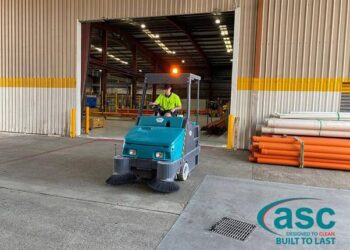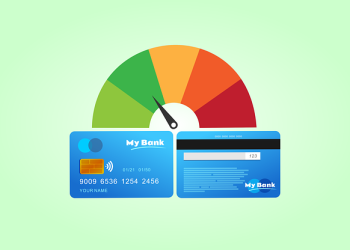Opening a shops and selling your goods within California can be an exhilarating venture. You’ll need an California Seller’s Permit to ensure your business secure and profitable.
A California seller’s permit grants your business the power to conduct sales and to collect sales tax in the state. The majority of businesses and individuals who offer or lease tangible assets when conducting business in California require permits for sellers however there are many specifics to be aware of within these general rules.
Who Doesn’t Need a California Permit to Sell?
The official website of the California Department of Tax and Fee Administration (CDTFA) clarifies the essential guidelines for determining if you require a California seller’s license and how to apply for one.
The two most important criteria are whether you’re “engaged to conduct business” within the state, or whether the physical assets you lease or sell “would typically be taxed when sold in retail.“
“Being “engaged to conduct commercial activities” in California covers a variety of situations, including the need to maintain a physical space for business, like an office space or warehouse or sales representative within the state. Even if you’re only renting space you can conduct your business in California it is considered by the state that you are “engaged with business” in California. The regulations regarding selling permits are applicable to retailers, wholesalers and all kinds of companies including limited liability corporations (LLCs) up to companies and individuals.
Tangible assets that are “ordinarily sold at retail and subject to tax when it is sold at a retail price” comprise items such as furniture and clothing.
California does not have sales tax on the services or labor market, however because the rules are ambiguous regarding the items that are that is subject the sales tax and when, the CDTFA advises that you check with their office for advice should you have any concerns.
If you’re involved in seasonal activities and/or sell only in specific times (e.g. craft fairs and Christmas-related sales) then you must seek a temporary seller’s permit to cover these periods. The state regards your business as temporary when you sell tangible goods at one place for a period of 90 days or less.
How do you obtain the California Seller’s Permit
To apply for a sellers’ permit in California it is necessary to complete an application and submit it online by mail or at the CDTFA Office.
for step by step guide visit EZ Doc Filing
The information required for the application include information about your Social Security number; another personal identification number (passport or driver’s license etc. ) and your business’s date of incorporation and Employer Identification Number (EIN) and bank account information and supplier details as well as estimated monthly sales and many more.
The cost of the California Seller’s Permit
There is no cost to apply for a seller’s license in California. If, however, you have outstanding tax, you could require a security deposit to pay any taxes which are owed when the business is shut down. The state decides on the amount you can apply for.
After your application has been approved after which you must place your seller’s permit in prominent view at your business location. You might also want save a duplicate your permit to sell in a secure location in case you have to reference it in the future. If you operate your business at multiple locations You may require separate seller’s permits, though the CDTFA may provide you with one that covers multiple areas.
Once you have your California seller’s permit in your possession you can start collecting sales tax for transactions. These you are required to declare and pay to the state.
Read More : How can you easily beat slot online machines?






